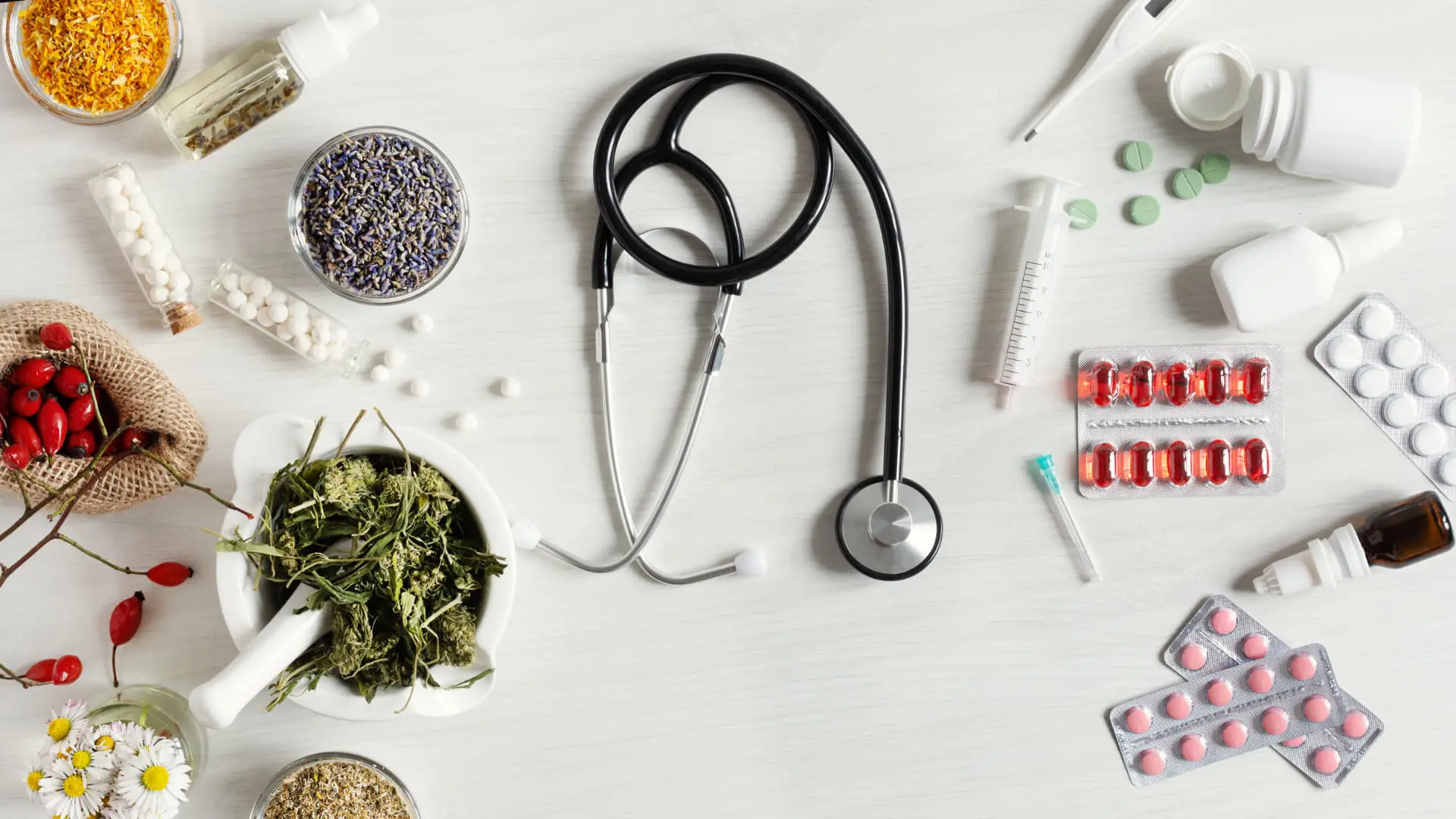The pharmaceutical industry is poised to embark on a contentious journey as they initiate clinical trials for anti-obesity shots in children as young as six years old. This decision comes amid growing concerns regarding potential side effects, including stomach paralysis and suicidal thoughts associated with these drugs. In this article, we’ll delve into the details of this controversial development, exploring the involved pharmaceutical giants and the public’s reaction.
The Involvement of Pharmaceutical Behemoths: Novo Nordisk, renowned for its products Ozempic and Wegovy, and Eli Lilly, the manufacturer of Mounjaro, have secured approvals for these weight loss drugs in the United States and the European Union for individuals aged 12 and older. However, the situation takes a concerning turn as Novo Nordisk enters phase 3 trials, involving children aged 6-12, to test its Saxenda product. Eli Lilly has also recently initiated trials with younger children.
The Concerns of Nutritionists and Experts Nutritionist Carrie Lupoli expressed her apprehension about marketing Ozempic and Mounjaro to children, emphasizing the importance of addressing the root causes of weight gain. She believes that the focus should be on tackling health and hormone-related issues instead of promoting a “lose weight by any means” mentality.
Understanding the Active Ingredients These drugs, including Semaglutide in Ozempic and Wegovy, Liraglutide in Saxenda, and Tirzepatide in Mounjaro, belong to the class of drugs called incretin mimetics. They mimic the body’s natural insulin-releasing hormone, benefiting those with Type 2 diabetes or obesity.
How These Drugs Function These drugs operate as glucagon-like peptide-1 (GLP-1) receptor agonists, regulating blood sugar levels by stimulating insulin release from the pancreas. This helps the body process glucose for energy, which can lead to weight loss in non-insulin-resistant individuals.
Additional Health Benefits Aside from their weight loss effects, these drugs have demonstrated positive impacts on health. They lower blood pressure, improve cardiac blood flow, reduce the risk of heart attacks and strokes, and protect pancreatic cells. Ozempic, for instance, received FDA approval for reducing the risk of heart attacks and strokes in 2020.
Administration and Adverse Effects These drugs are typically administered through self-injections on a weekly basis into various areas of the body. However, they come with a laundry list of potential adverse effects, including intestinal obstruction, pancreatitis, kidney injury, gallbladder disease, and diabetic retinopathy complications. Additionally, there’s a risk of thyroid C-cell tumors and hypoglycemia when used alongside insulin or insulin-boosting drugs.
Gastrointestinal Issues and Pregnancy-Related Concerns Approximately one-third of clinical trial participants reported gastrointestinal issues, such as nausea, vomiting, diarrhea, abdominal pain, and constipation. Less frequent issues included dyspepsia, flatulence, and gastritis. Studies on pregnant animals have also raised concerns about abnormal fetal development, early pregnancy losses, and smaller offspring.
Mental Health Side Effects This summer, European regulators initiated reviews of Ozempic and Saxenda due to reports of these drugs inducing suicidal thoughts in some users. Depression and suicidal thoughts are listed as possible side effects for Wegovy, which contains a higher dose of Semaglutide than Ozempic. The FDA’s Adverse Event Reporting System has recorded nearly 500 reports of anxiety, depression, and suicidal thoughts, with five individuals experiencing suicidal thoughts tragically losing their lives.
Regulatory Response The FDA has been monitoring the situation but has not yet followed the EU’s lead in reviewing reports of suicidal ideation. Their stance remains that the benefits of these medications outweigh their risks.
Conclusion: The decision to conduct clinical trials for anti-obesity shots in young children has ignited a debate about the risks and potential benefits of these drugs. As the pharmaceutical giants forge ahead with their trials, the world watches closely, pondering the impact on young lives and the broader implications for public health and well-being.










